Keywords: Humane
There are more than 200 results, only the first 200 are displayed here.
-
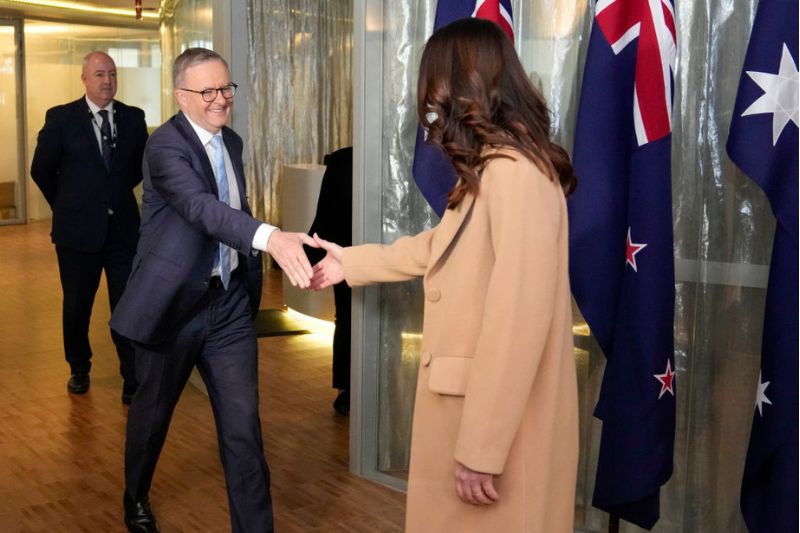
AUSTRALIA
- Andrew Hamilton
- 23 June 2022
7 Comments
Since the Federal Election one of the most refreshing features has been the new Prime Minister’s connection with people. Whether it is shown by riding a bamboo bicycle with the Indonesian President, expressing sympathy for the Nadesilingam family for their prolonged ordeal before returning to Biloela or agreeing with Jacinda Ardern, herself a model of public empathy, about the unreasonableness of expelling to New Zealand people who had never lived there, his actions displayed a readiness to listen and to enter the experience of other people.
READ MORE 
-
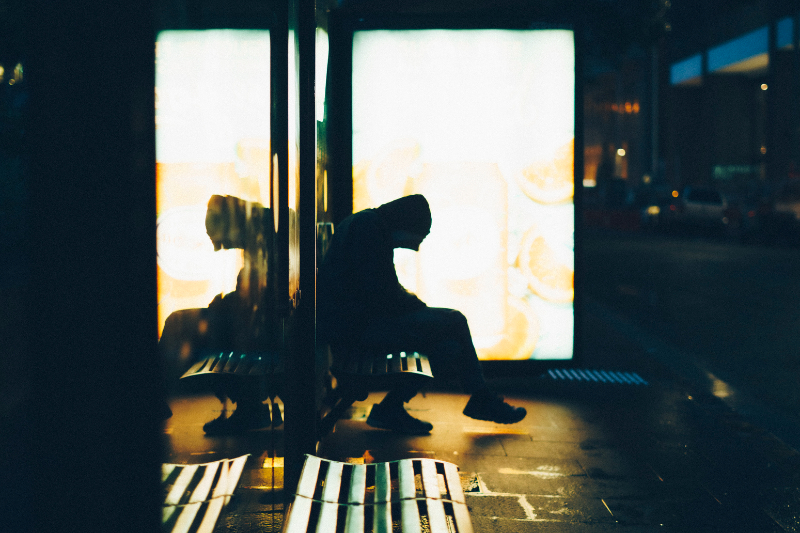
AUSTRALIA
- Sally Parnell
- 18 May 2022
3 Comments
When millions of Australians look back on this Federal Election campaign, they will recall it as one dominated by ‘gotcha’ moments and scare campaigns. Personal attacks, loud and in-your-face advertising campaigns and so-called missteps by politicians have provided countless hours of talkback content. Regrettably, this has taken the focus of too many away from nuanced conversations about the kind of society in which we want to live, and the policies and vision needed to take us there.
READ MORE 
-
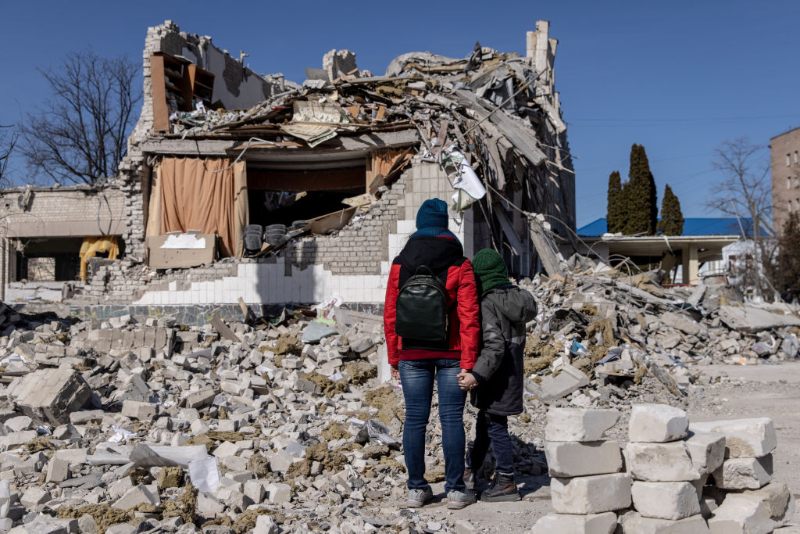
INTERNATIONAL
- Dorothy Horsfield
- 22 March 2022
8 Comments
Moscow-based Director of the Russian International Affairs Council (RIAC)Dr Andrei Kortunov warned of its tragic consequences for Russia in an article published four days before the launch of his country’s invasion of Ukraine. The de facto partition of Ukraine, he said, as a result of the Kremlin’s recognition of the independence of the People’s Republics of Donetsk and Luhansk, will signify ‘the final formalisation of the division of Europe’ from which there may be no easy retreat.
READ MORE 
-
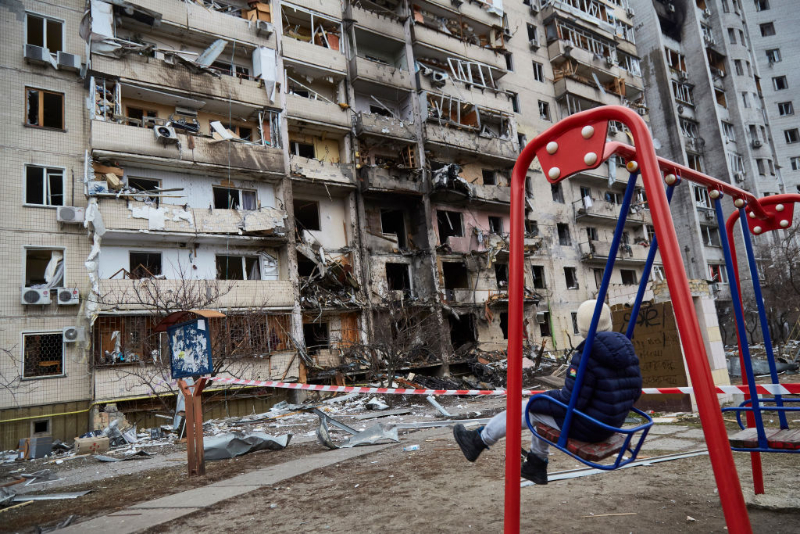
INTERNATIONAL
- Andrew Hamilton
- 08 March 2022
19 Comments
In the face of the horrors of invasion it is natural to be fascinated by the destructiveness of war and to immerse ourselves in military and political strategies. It is also natural to feel helpless and angry at the destruction of human lives, of cities and freedoms, and from a distance to barrack for one side and against the other. We attribute blame and praise, weigh causes and justifications, and divide the world into friends and enemies.
READ MORE 
-
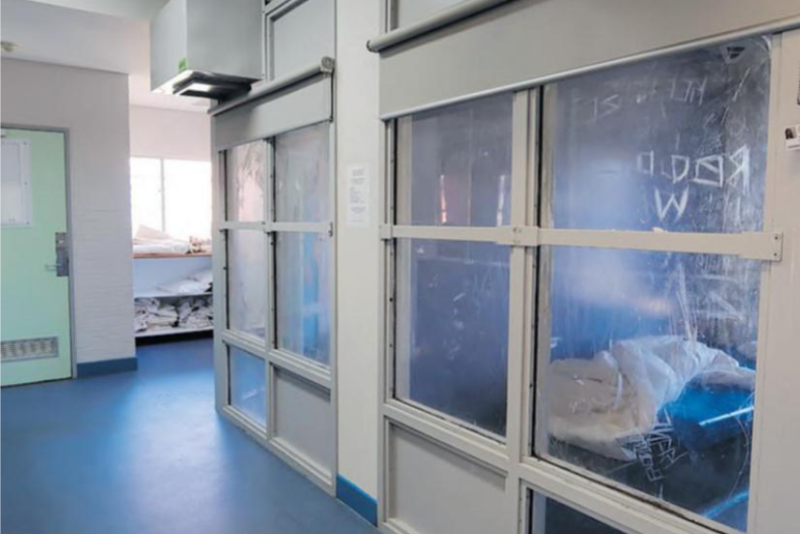
AUSTRALIA
- Julian Butler
- 22 February 2022
5 Comments
Having previously spent time as lawyer working predominantly in the Children’s Court of Victoria, there isn’t too much about the State’s treatment of young people that shocks me. That is, until a few weeks ago when I was drawn to the final item of The Weekend Australian’s editorial column. Under the heading, ‘Hurt boy’s inhuman treatment’, was set out the details of a 15-year-old West Australian boy who had been ‘locked alone in a glass-walled observation cell of a juvenile detention centre in the southern suburbs of Perth for 79 days.’
READ MORE 
-
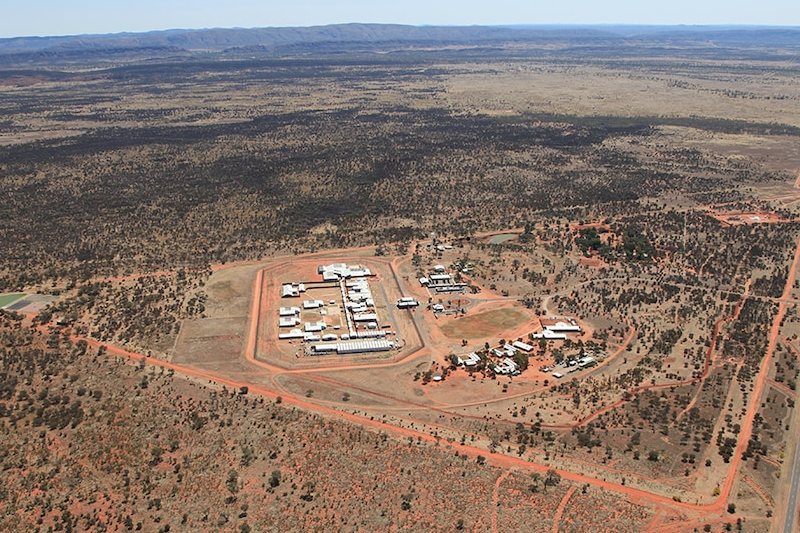
AUSTRALIA
- Julie Edwards
- 18 January 2022
2 Comments
The images are simultaneously striking and terrifying. A raging grassfire that is shooting flames into the sky and destroying nature around it and lapping perilously close to the fences around Central NSW’s Lithgow Correctional Centre. As local residents were evacuated and highways were closed to protect public safety when the fire raged out of control just before Christmas in 2019, 400 prisoners remained detained.
READ MORE 
-
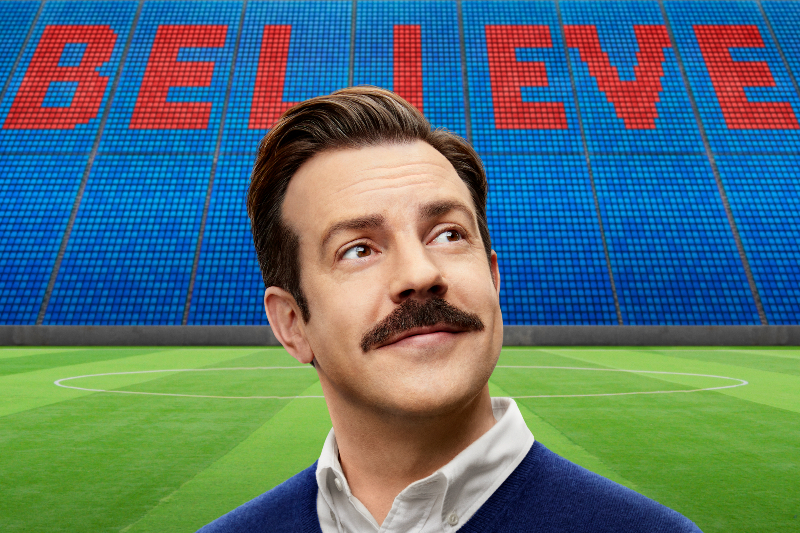
ARTS AND CULTURE
- Michael McGirr
- 20 September 2021
11 Comments
It’s not hard to understand why so many people are watching Ted Lasso (Apple TV), nor why it was nominated for twenty Emmy Awards and won seven. Believe it or not, it is twenty years since The Office first premiered on the BBC. Not since then has a comedy series cut so close to the bone of our cultural needs and anxieties.
READ MORE 
-
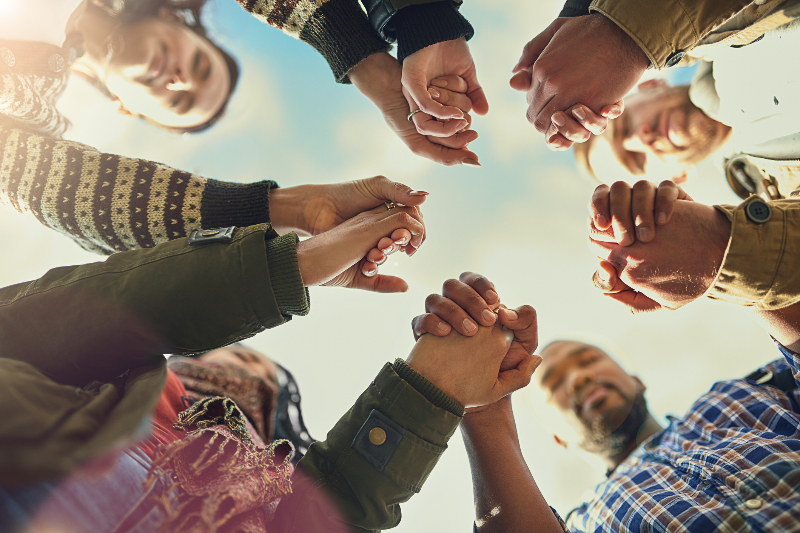
RELIGION
- Andrew Hamilton
- 09 September 2021
24 Comments
In recent weeks the value of human life has become a topic of public conversation in different contexts. Proposed legislation on abortion and assisted dying has continued to focus attention on it. Debate about loosening COVID restrictions has also balanced the risk of death from the disease with risks to health and economic welfare from lockdowns. In Afghanistan the victory of the Taliban has again raised questions about the morality of the war and the killing involved by both sides.
READ MORE 
-
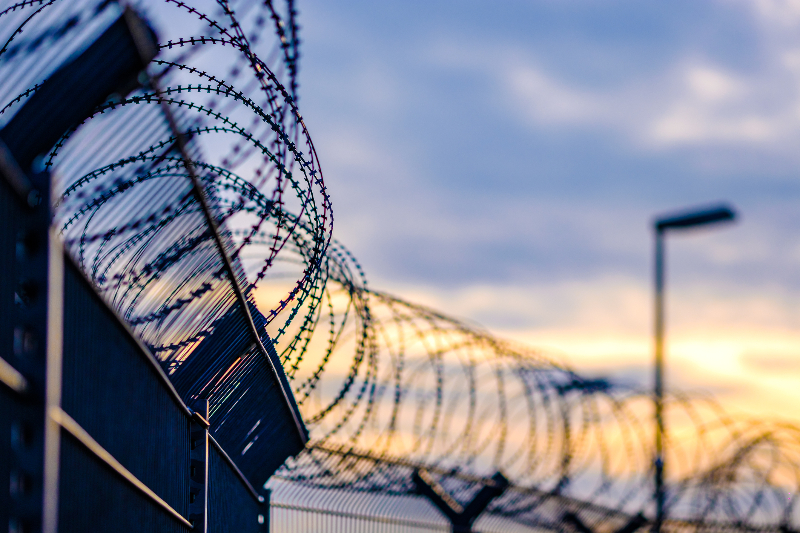
AUSTRALIA
- Andrew Hamilton
- 28 July 2021
9 Comments
The tidal movement from treating children as persons each with their own dignity, and worthy of respect and of encouragement to a good future, to treating them as adult and incorrigible criminals worthy only of punishment is both irrational and injurious of society as well as of the children themselves. Yet it is deeply rooted in the mindset of all Australian Governments.
READ MORE 
-
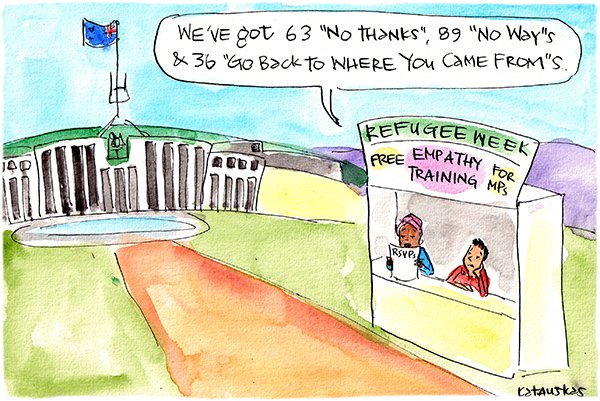
AUSTRALIA
- Andrew Hamilton
- 24 June 2021
32 Comments
Deterrence has an inner logic that we can see in Australian treatment of people who seek protection. In the first place it tends to become increasingly brutal. Each breach of policy must be met with a more effective deterrent.
READ MORE 
-
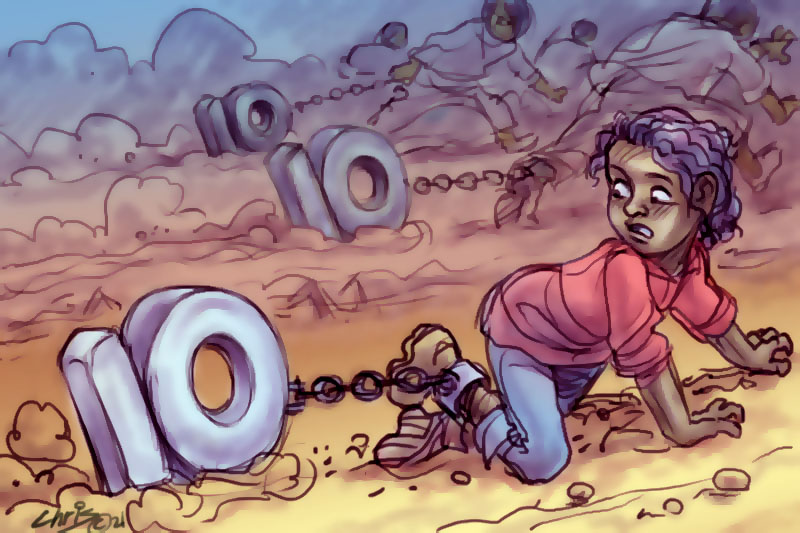
AUSTRALIA
- Celeste Liddle
- 15 June 2021
9 Comments
Those two little boys turn ten this year, reaching a milestone most Australians celebrate simply as reaching 'double figures'. Yet with these double figures comes a new threat most Australians aren’t aware of: they will also reach the age of criminal responsibility.
READ MORE 
-

ARTS AND CULTURE
- Andrew Hamilton
- 27 May 2021
27 Comments
A wry satisfaction to be enjoyed in reading histories of events of your youth is that it uncovers your prejudices at that time. It reassures you that you have grown wiser but also makes you wonder whether your present attitudes will need revisiting. Save Our Sons, Carolyn Collins’ detailed and even-handed study of women’s campaign against conscription during the Vietnam War, offered such pleasures.
READ MORE 